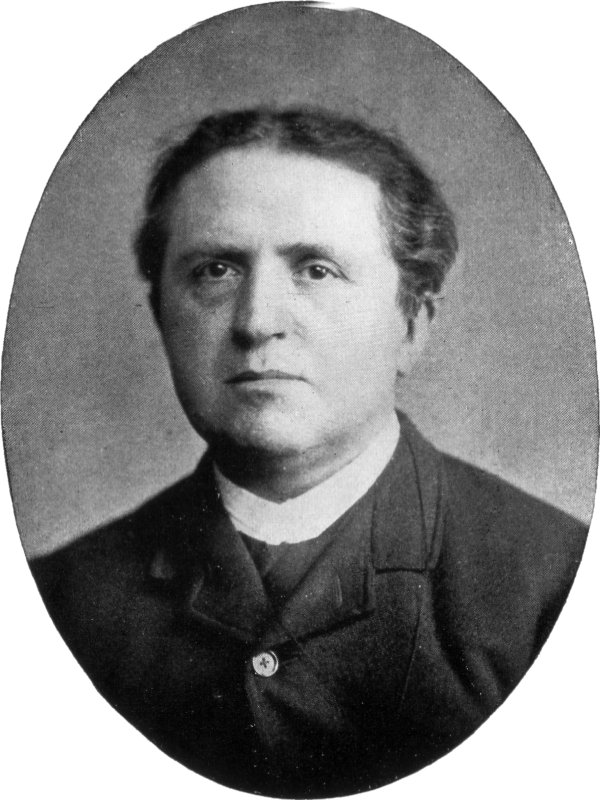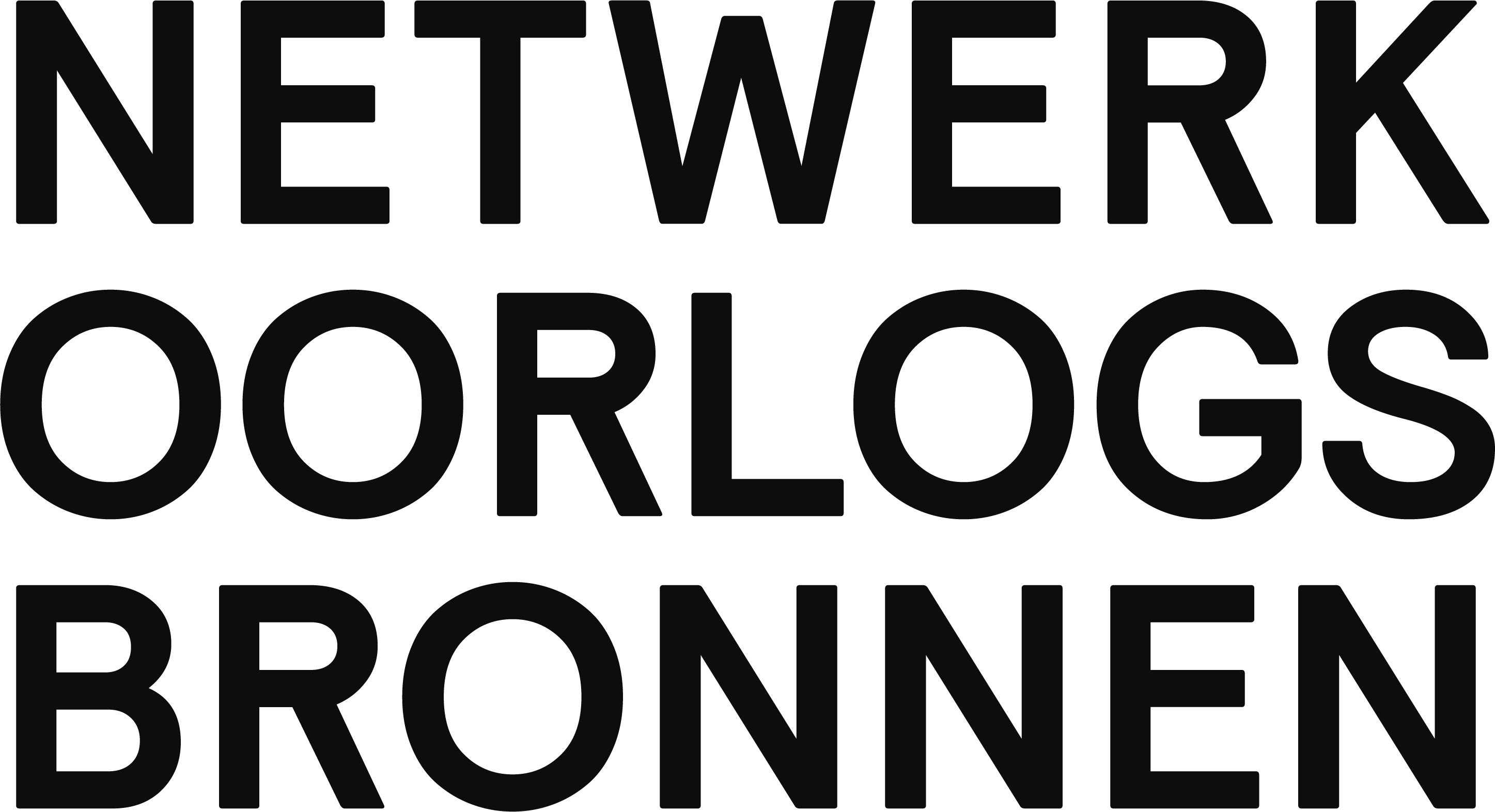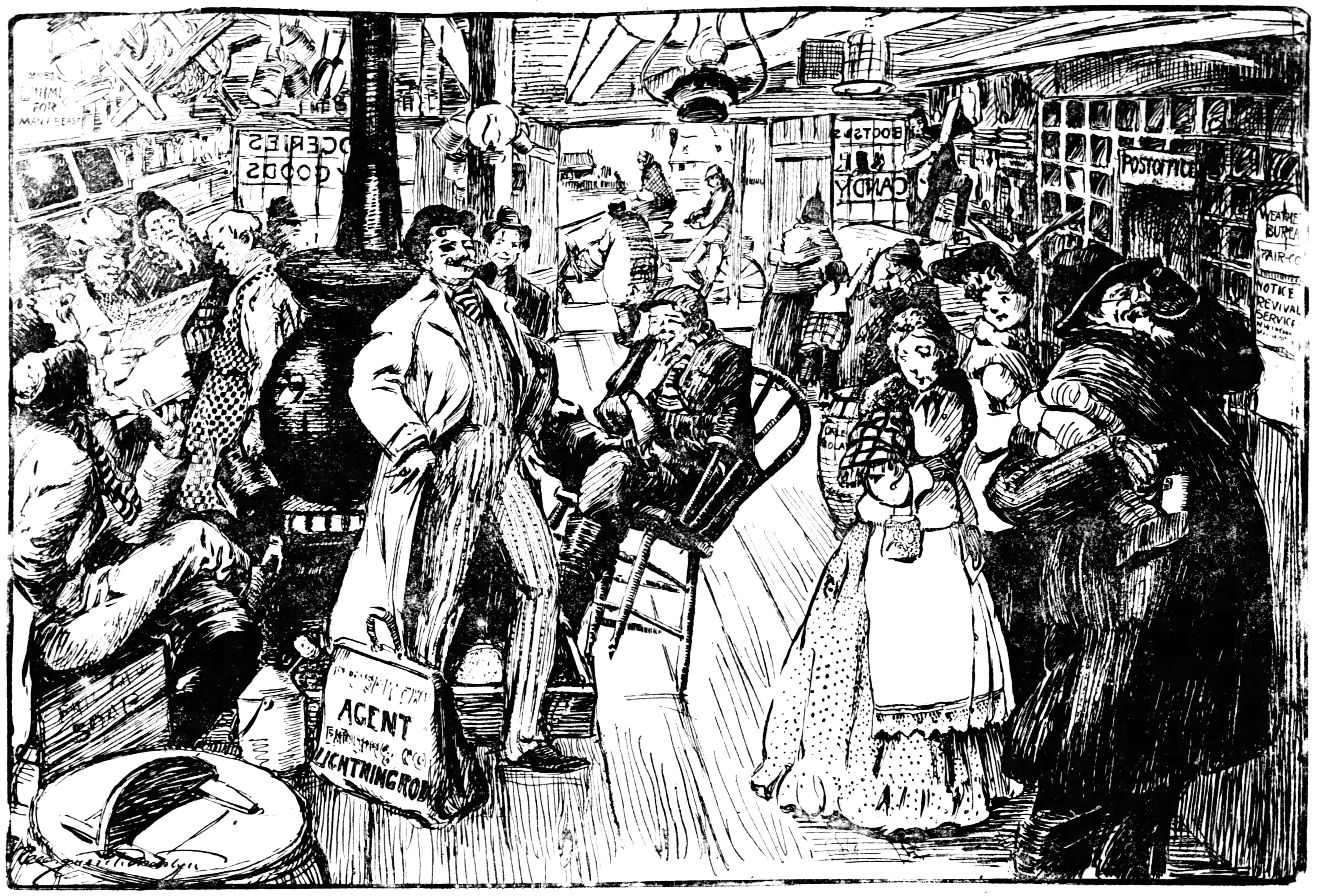|
De Standaard (Dutch Newspaper)
''De Standaard'' was a Dutch daily newspaper published from 1872 to 1944. It was started by Abraham Kuyper, who was the founding editor, and served as an organ of the Anti-Revolutionary Party. Hendrikus Colijn served as editor from 1922 to 1939. In World War II, ''De Standaard'' took a neutral view toward the German occupation and was permitted to continue publication. ''Trouw ''Trouw'' (; ) is a Dutch daily newspaper appearing in compact size. It was founded in 1943 as an orthodox Protestant underground newspaper during World War II. Since 2009, it has been owned by DPG Media (known as De Persgroep until 2019). '' ...'' appeared in 1943 as an illegal competitor, and ''De Standaard'' ceased publication in 1944 due to paper shortages. References {{DEFAULTSORT:Standaard (Dutch newspaper), De Dutch-language newspapers Daily newspapers published in the Netherlands Defunct newspapers published in the Netherlands Newspapers established in 1872 Newspapers disestablished in ... [...More Info...] [...Related Items...] OR: [Wikipedia] [Google] [Baidu] |
Abraham Kuyper
Abraham Kuyper ( , ; 29 October 1837 – 8 November 1920) was the Prime Minister of the Netherlands between 1901 and 1905, an influential neo-Calvinist pastor and a journalist. He established the Reformed Churches in the Netherlands, which upon its foundation became the second largest Reformed denomination in the country behind the state-supported Dutch Reformed Church. In addition, he founded the Vrije Universiteit Amsterdam, the Anti-Revolutionary Party, and a newspaper. In religious affairs, he sought to adapt the Dutch Reformed Church to challenges posed by the loss of state financial aid and by increasing religious pluralism in the wake of splits that the church had undergone in the 19th century, rising Dutch nationalism, and the Arminian religious revivals of his day which denied predestination. He vigorously denounced modernism in theology as a fad that would pass away. In politics, he dominated the Anti-Revolutionary Party (ARP) from its founding in 1879 to his death ... [...More Info...] [...Related Items...] OR: [Wikipedia] [Google] [Baidu] |
Anti-Revolutionary Party
The Anti-Revolutionary Party (, ARP) was a Protestant conservative and Christian democratic political party in the Netherlands. The party was founded in 1879 by Abraham Kuyper, a neo-Calvinist theologian and minister who served as Prime Minister between 1901 and 1905. In 1980 the party merged with the Catholic People's Party (KVP) and the Christian Historical Union (CHU) to form the Christian Democratic Appeal (CDA). History History before 1879 The anti-revolutionary parliamentary caucus had existed since the 1840s. It represented orthodox tendencies within the Dutch Reformed Church. Under the leadership of Guillaume Groen van Prinsterer the anti-revolutionaries became a real political force, which opposed the liberal tendencies within the Dutch Reformed Church and the liberal tendencies within Dutch politics. Their three values were "God, the Netherlands, and the House of Orange". An important issue was public education, which in the view of the anti-revolutionaries ... [...More Info...] [...Related Items...] OR: [Wikipedia] [Google] [Baidu] |
Hendrikus Colijn
Hendrikus "Hendrik" Colijn (22 June 1869 – 18 September 1944) was a Dutch politician of the Anti-Revolutionary Party (ARP; now defunct and merged into the Christian Democratic Appeal or CDA). He served as Prime Minister of the Netherlands from 4 August 1925 until 8 March 1926, and from 26 May 1933 until 10 August 1939. Early life Colijn was born on 22 June 1869 in the Haarlemmermeer to Antonie Colijn and Anna Verkuijl, who had migrated to the newly created Haarlemmermeer polder from the Land of Heusden and Altena for religious reasons. He was the first of six children, all of whom were born in Haarlemmermeer. Colijn grew up in the Land of Altena. Military service At the age of 16, Colijn went to a military academy in Kampen, Overijssel, Kampen for officer training, where he graduated as a second lieutenant in 1892. On 18 September 1893, he married Helena Groenenberg (23 September 1867 – 14 February 1947) and was sent to the Dutch East Indies. During his 16 years in the Dutc ... [...More Info...] [...Related Items...] OR: [Wikipedia] [Google] [Baidu] |
Parlement
Under the French Ancien Régime, a ''parlement'' () was a provincial appellate court of the Kingdom of France. In 1789, France had 13 ''parlements'', the original and most important of which was the ''Parlement'' of Paris. Though both the modern French term ''parlement'' (for the legislature) and the English word "parliament" derive from this French term, the Ancien Régime parlements were not legislative bodies and the modern and ancient terminology are not interchangeable. History Parlements were judicial organizations consisting of a dozen or more appellate judges, or about 1,100 judges nationwide. They were the courts of final appeal of the judicial system, and typically wielded power over a wide range of subjects, particularly taxation. Laws and edicts issued by the Crown were not official in their respective jurisdictions until the parlements gave their assent by publishing them. The members of the parlements were aristocrats, called nobles of the robe, who had bo ... [...More Info...] [...Related Items...] OR: [Wikipedia] [Google] [Baidu] |
Netherlands In World War II
Despite Dutch neutrality, Nazi Germany German invasion of the Netherlands, invaded the Netherlands on 10 May 1940 as part of ''Fall Gelb'' (Case Yellow). On 15 May 1940, one day after the Rotterdam Blitz, bombing of Rotterdam, the Dutch forces surrendered. The Dutch government-in-exile, Dutch government and the Dutch royal family, royal family relocated to London. Juliana of the Netherlands, Princess Juliana and her children sought refuge in Ottawa, Canada, until after the war. German occupation lasted in some areas until the German surrender at Lüneburg Heath, German surrender in May 1945. Dutch resistance, Active resistance, at first carried out by a minority, grew in the course of the occupation. The occupiers deported the Jews in the Netherlands, majority of the country's Jews to Nazi concentration camps. Due to the high variation in the survival rate of Jewish inhabitants among local regions in the Netherlands, scholars have questioned the validity of a single explanatio ... [...More Info...] [...Related Items...] OR: [Wikipedia] [Google] [Baidu] |
Trouw
''Trouw'' (; ) is a Dutch daily newspaper appearing in compact size. It was founded in 1943 as an orthodox Protestant underground newspaper during World War II. Since 2009, it has been owned by DPG Media (known as De Persgroep until 2019). ''Trouw'' received the European Newspaper Award in 2012. Cees van der Laan is the current editor-in-chief. History ''Trouw'' is a Dutch word meaning "fidelity", "loyalty", or "allegiance", and is cognate with the English adjective "true". The name was chosen to reflect allegiance and loyalty to God and country in spite of the German occupation of the Netherlands. ''Trouw'' was started during World War II by members of the Dutch Protestant resistance against the German occupation. Hundreds of people involved in the production and distribution of the newspaper were arrested and killed during the war. The newspaper was published irregularly during the war due to lack of paper. In 1944 the German forces tried to stop publication by roundi ... [...More Info...] [...Related Items...] OR: [Wikipedia] [Google] [Baidu] |
Network Of War Collections
The Network of War Collections (, NOB) is a partnership of over 250 archival institutions, museums, remembrance centers and libraries in the Kingdom of the Netherlands, the former Dutch colonial empire, and internationally to bring together scattered collections of resources pertaining to World War II. The network is financed by the Ministry of Health, Welfare and Sport and receives a contribution from the National Fund for Peace, Freedom and Veteran Care. The 12 million sources of information accumulated by the NOB include artifacts, original photographs, diaries, newspaper articles, films, letters, brochures, and posters, which are sorted into themes of resistance, captivity, collaboration, life under German and Japanese occupations, liberation, warfare, international events, The Holocaust and persecution, the lead-up to and aftermath of WWII, and the Indonesian War of Independence. Oorlogsbronnen.nl Facilitated by the NIOD Institute for War, Holocaust and Genocide Stu ... [...More Info...] [...Related Items...] OR: [Wikipedia] [Google] [Baidu] |
Dutch-language Newspapers
Dutch ( ) is a West Germanic language of the Indo-European language family, spoken by about 25 million people as a first language and 5 million as a second language and is the third most spoken Germanic language. In Europe, Dutch is the native language of most of the population of the Netherlands and Flanders (which includes 60% of the population of Belgium). "1% of the EU population claims to speak Dutch well enough in order to have a conversation." (page 153). Dutch was one of the official languages of South Africa until 1925, when it was replaced by Afrikaans, a separate but partially mutually intelligible daughter language of Dutch. Afrikaans, depending on the definition used, may be considered a sister language, spoken, to some degree, by at least 16 million people, mainly in South Africa and Namibia, and evolving from Cape Dutch dialects. In South America, Dutch is the native language of the majority of the population of Suriname, and spoken as a second or third langua ... [...More Info...] [...Related Items...] OR: [Wikipedia] [Google] [Baidu] |
Daily Newspapers Published In The Netherlands
Daily or The Daily may refer to: Journalism * Daily newspaper, newspaper issued on five to seven day of most weeks * ''The Daily'' (podcast), a podcast by ''The New York Times'' * ''The Daily'' (News Corporation), a defunct US-based iPad newspaper from News Corporation * ''The Daily of the University of Washington'', a student newspaper using ''The Daily'' as its standardhead Places * Daily Township, Dixon County, Nebraska, United States People * Bill Daily (1927–2018), American actor * Bryson Daily (born c. 2003), American football player * Elizabeth Daily (born 1961), American voice actress * Gretchen Daily (born 1964), American environmental scientist * Joseph E. Daily (1888–1965), American jurist * Thomas Vose Daily (1927–2017), American Roman Catholic bishop Other usages * Iveco Daily, a large van produced by Iveco * Dailies, unedited footage in film See also * Dailey, surname * Daley (other) * Daly (other) * Epiousion, a Greek word used ... [...More Info...] [...Related Items...] OR: [Wikipedia] [Google] [Baidu] |
Defunct Newspapers Published In The Netherlands
{{Disambiguation ...
Defunct may refer to: * ''Defunct'' (video game), 2014 * Zombie process or defunct process, in Unix-like operating systems See also * * :Former entities * End-of-life product * Obsolescence Obsolescence is the process of becoming antiquated, out of date, old-fashioned, no longer in general use, or no longer useful, or the condition of being in such a state. When used in a biological sense, it means imperfect or rudimentary when comp ... [...More Info...] [...Related Items...] OR: [Wikipedia] [Google] [Baidu] |
Newspapers Established In 1872
A newspaper is a periodical publication containing written information about current events and is often typed in black ink with a white or gray background. Newspapers can cover a wide variety of fields such as politics, business, sports, art, and science. They often include materials such as opinion columns, weather forecasts, reviews of local services, obituaries, birth notices, crosswords, editorial cartoons, comic strips, and advice columns. Most newspapers are businesses, and they pay their expenses with a mixture of subscription revenue, newsstand sales, and advertising revenue. The journalism organizations that publish newspapers are themselves often metonymically called newspapers. Newspapers have traditionally been published in print (usually on cheap, low-grade paper called newsprint). However, today most newspapers are also published on websites as online newspapers, and some have even abandoned their print versions entirely. Newspapers developed in the 17th centu ... [...More Info...] [...Related Items...] OR: [Wikipedia] [Google] [Baidu] |
Newspapers Disestablished In 1944
A newspaper is a Periodical literature, periodical publication containing written News, information about current events and is often typed in black ink with a white or gray background. Newspapers can cover a wide variety of fields such as politics, business, sports, art, and science. They often include materials such as opinion columns, weather forecasts, reviews of local services, Obituary, obituaries, birth notices, crosswords, editorial cartoons, comic strips, and advice columns. Most newspapers are businesses, and they pay their expenses with a mixture of Subscription business model, subscription revenue, Newsagent's shop, newsstand sales, and advertising revenue. The journalism organizations that publish newspapers are themselves often Metonymy, metonymically called newspapers. Newspapers have traditionally been published Printing, in print (usually on cheap, low-grade paper called newsprint). However, today most newspapers are also Electronic publishing, published on webs ... [...More Info...] [...Related Items...] OR: [Wikipedia] [Google] [Baidu] |





